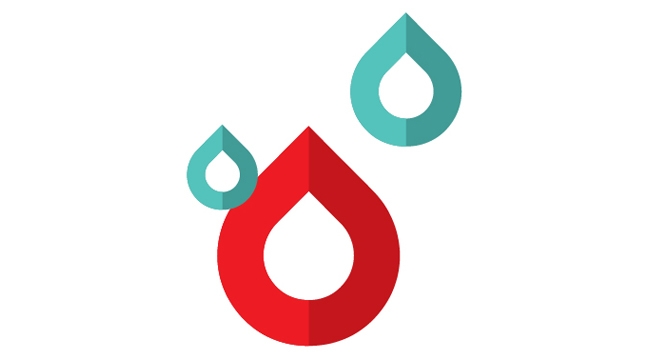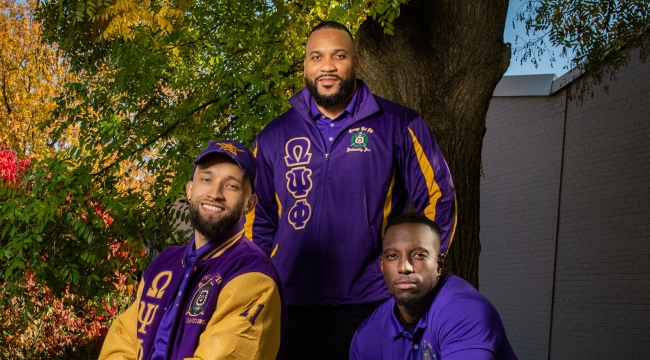Meet the Researcher: Dr. Sandra Ramirez-Arcos

Her work in the Canadian Blood Services microbiology lab helps protect transfusion recipients from dangerous bacteria
Ever since she was a small child in Colombia, Dr. Sandra Ramirez-Arcos has been passionate about science. In high school, she couldn’t decide which of biology, chemistry, or physics was her favourite. When it came time to decide what to study at university, she was torn between medicine and microbiology.
Ultimately, she chose microbiology, because it allowed her to both study the building blocks of nature and make a practical impact. It’s a passion that eventually brought her to Canadian Blood Services, where she has been a researcher for the past 20 years.
Canadian Blood Services not only manages the blood system, but drives world-class innovation in blood transfusion, cellular therapy, and transplantation. Through in-house expertise and a network of scientists, engineers, and medical professionals at hospitals and universities around the country, cutting-edge research is conducted. This research helps to inform our donation policies, better ensures patient safety, discovers new therapies for illnesses, and contributes to a global body of knowledge aimed at improving the lives of people in need.
“What we do in the microbiology lab is focused on improving the safety of blood components. Specifically, I work with bacteria,” says Dr. Ramirez-Arcos, who holds the title of senior scientist. “What we want to do is ensure that the products we transfuse to patients are not contaminated.”
Unlike viruses, bacteria can grow during the storage of blood components. Platelets, for example, must be stored at room temperature and constantly agitated, conditions under which life-threatening bacteria may grow. So, Dr. Ramirez-Arcos and her team work to improve detection and prevention of these bacterial threats to patients.
“We started with the implementation of bacterial screening for platelet concentrates, and we have been improving the testing algorithm,” Dr. Ramirez-Arcos says. “Our goal is always to ensure the safety of the transfusion patients.”
Since pathogen-reduced platelet concentrates were implemented in 2024, only a small fraction of platelet units will be screened for bacterial contamination with culture methods. Dr. Ramirez-Arcos and her team continue to support in the implementation of new technologies aimed at improving blood component safety.

For Dr. Ramirez-Arcos, working at Canadian Blood Services provides a unique opportunity to advance science in ways that improve patient care in Canada and abroad.
“It's a privilege to be here,” Dr. Ramirez-Arcos says. “We can run a study, and the results of that study will be used by Canadian Blood Services to change practice. But we also publish the study in a journal. So the contribution goes beyond our walls, and is also used by other researchers around the world.”
Her proudest research accomplishment was a study she ran 10 years ago in collaboration with Héma-Québec. It looked at red blood cells, which are normally stored at refrigerated temperatures.
“We were pioneers in proving that we can expose red blood cell concentrates to room temperature for longer than 30 minutes without compromising the safety of these components,” Dr. Ramirez-Arcos says. “This study made a difference in Canada and around the world.”
Knowing that red blood cells can be safe for up to 60 minutes at room temperature expanded the ability for them to be transfused into patients who need them. The major impact of this investigation is the reduced wastage of red blood cell concentrates, a valuable blood component, optimizing hospitals inventories. The research related to the extension of the 30-minute rule to 60-minutes was published in Vox sanguinis in 2013, a publication that received the Vox Sanguinis Best Paper Prize.
But for Dr. Ramirez-Arcos, it’s not just the research that’s important to her. She’s excited about the team that she’s been able to build over her years at Canadian Blood Services.
“It's a group of people who have the expertise to tackle any problem that comes through our door,” Dr. Ramirez-Arcos says. “There are many people in my life who have helped me to build my career, and I want to do the same for others. Training people is paying it forward, so when someone graduates and finds a job, I feel really proud, because I think that is an extension of what we do here.”
Many members of her team are graduate students working to complete their education. When they finish school and go on to find a job, whether at Canadian Blood Services or elsewhere, Dr. Ramirez-Arcos is excited to have been part of creating a new generation of scientists.
Dr. Ramirez-Arcos and her team are now beginning to investigate the potential impacts of climate change on the blood system — for example, increases in tick-borne illnesses or other diseases that are transmissible by blood — to help keep patients safe well into the future.
“We have a unique opportunity in the microbiology lab to work on projects that touch the basics of nature,” Dr. Ramirez-Arcos says. “But for me, the real privilege is that we are involved in projects to enhance products and practices which have a direct impact on improving the safety of Canadian patients. It's an honour to participate in this work.”
Learn more about Canadian Blood Services cutting-edge research here.


